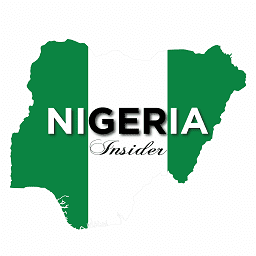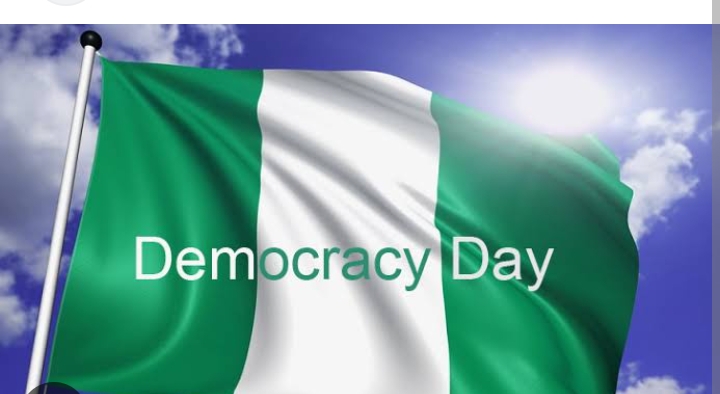What is democracy day in Nigeria
Nigeria Democracy Day: Celebrating the Triumphs and Challenges of Democratic Governance
Definition of Nigeria Democracy Day
Nigeria Democracy Day is a national holiday celebrated annually on May 29th. It commemorates the restoration of democratic governance in Nigeria and serves as a reminder of the country’s commitment to upholding the principles of democracy, freedom, and good governance.
Significance of Democracy Day in Nigeria
Democracy Day holds immense significance in Nigeria’s political history. For many years, Nigeria endured military rule, characterized by autocracy, suppression of civil liberties, and a lack of political freedom.
The establishment of Democracy Day symbolizes the country’s transition from military dictatorship to a democratic system of government, marking a pivotal moment in Nigeria’s struggle for self-determination and the people’s right to choose their leaders.
Historical Background of Democracy in Nigeria
Nigeria’s journey towards democracy has been tumultuous. After gaining independence from British colonial rule in 1960, the country experienced a series of military coups that disrupted the democratic process. The first republic, established in 1963, was short-lived, and subsequent military regimes took control, leading to a prolonged period of authoritarian rule.
Transition from Military Rule to Democracy in 1999
In 1999, Nigeria embarked on a historic transition from military rule to democracy. General Abdulsalami Abubakar, the last military head of state, handed over power to a democratically elected civilian government led by President Olusegun Obasanjo.
This marked the beginning of the Fourth Republic and a new era of democratic governance.
Establishment of Democracy Day in Nigeria
To commemorate this significant milestone, the Nigerian government declared May 29th as Democracy Day.
The decision was made to recognize the sacrifices of pro-democracy activists, advocates of human rights, and all those who fought for democratic ideals in Nigeria.
The Importance of a Free and Fair Electoral System
Central to the success of Nigeria’s democracy is a free and fair electoral system. It provides the mechanism for citizens to participate in the political process, elect their representatives, and hold them accountable. Efforts have been made to strengthen the electoral system, but challenges such as voter apathy, electoral violence, and irregularities still persist.
Corruption as a Persistent Threat to Democracy
Corruption remains a significant challenge to Nigeria’s democracy. It undermines the principles of transparency, accountability, and good governance. Widespread corruption erodes public trust, hampers development, and limits the effectiveness of democratic institutions.
Combatting corruption requires a multi-faceted approach, including robust anti-corruption laws, institutional reforms, and citizen engagement.
Ethnic and Religious Tensions
Nigeria’s diversity, with over 250 ethnic groups and a significant divide between Christians and Muslims, presents unique challenges to democratic governance.
Ethnic and religious tensions have at times escalated into conflicts that threaten national unity and stability. Building a strong democratic nation requires addressing these divisions through dialogue, inclusivity, and equitable governance.
Insecurity and Its Impact on Democratic Governance
Insecurity, particularly the activities of insurgent groups like Boko Haram and communal clashes, poses a significant threat to Nigeria’s democratic governance.
In regions affected by violence, the ability of citizens to participate fully in the democratic process is hindered, and the government’s capacity to provide essential services and maintain law and order is undermined. Combating insecurity and promoting peace is crucial for the sustenance of democracy.

